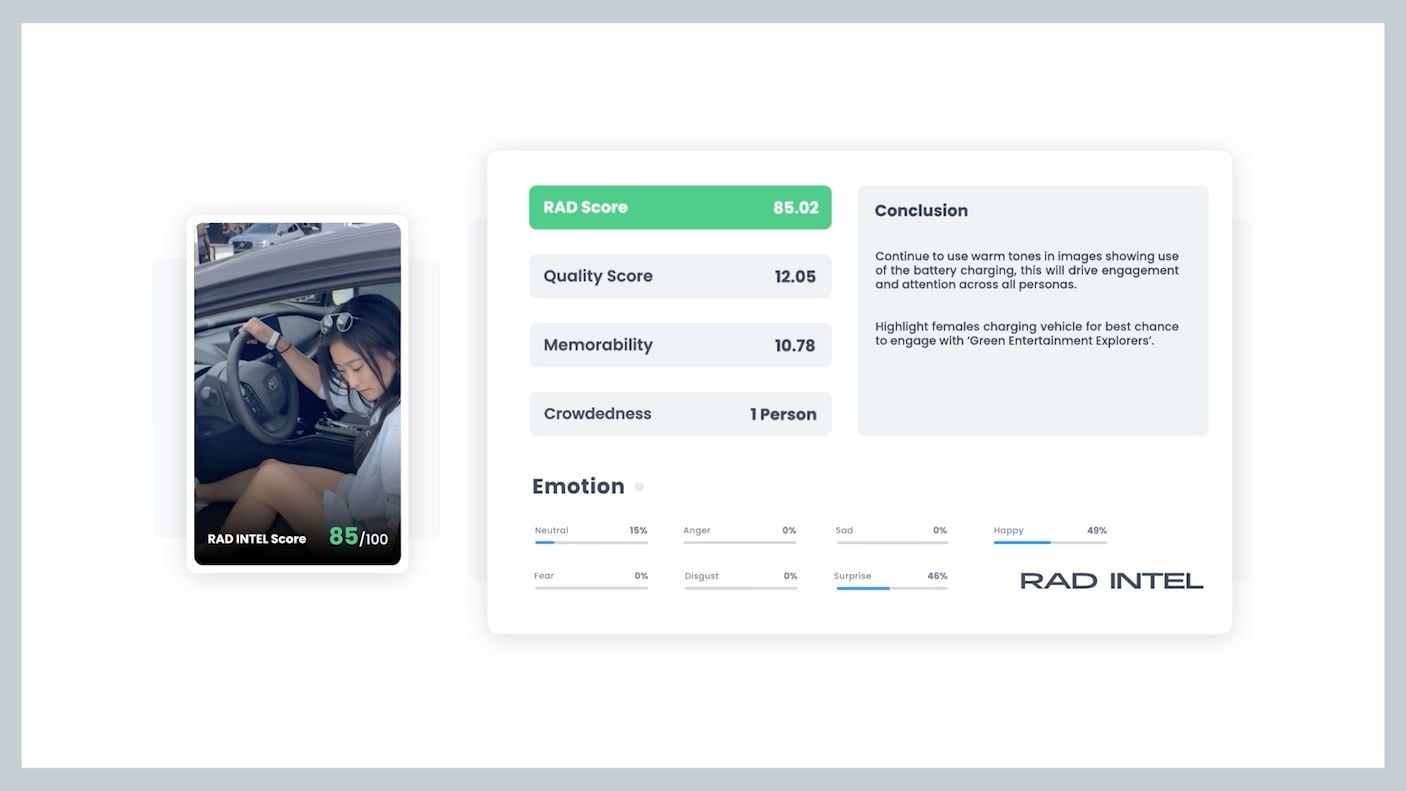*By Tanaya Macheel* Cryptocurrencies and digital assets are ideally left to the jurisdiction of the U.S. Commodity Futures Trading Commission, rather than the Securities and Exchange Commission, according to Congressman Darren Soto (D-Fla.). "Securities laws can be very intense and hurt the market unless it’s truly a security,” Soto told Cheddar Thursday. “Overall, we hope to establish jurisdiction and classifications so we can bring confidence and clarity into the market." Soto introduced two bills in December with Rep. Warren Davidson (R-Ohio). One, "The Virtual Currency Consumer Protection Act of 2018," directs the CFTC to research price manipulation, suggests regulatory changes, and establishes when a crypto asset qualifies as a security. The other, "The U.S. Virtual Currency Market and Regulatory Competitiveness Act of 2018," seeks to ensure the U.S. stays competitive in the global industry by mandating research and issuing policy recommendations to better accommodate the market. How exactly to classify cryptocurrencies has been a hot, complex topic in the United States, as various regulatory agencies have different standards. For example, the IRS views virtual currencies as property, for the purposes of federal taxes. The SEC views them as currencies – but considers initial coin offering, or ICO, tokens to be securities. The crypto industry spends significant time exploring when or how a digital asset is a security, to what to extent and how existing SEC laws apply to it, or should. But many forget the SEC doesn’t create the laws. Now, Congress appears ready to at least attempt to change the laws to ensure consumers stay safe and the U.S. doesn’t fall behind other countries that have tried to establish themselves as leaders in the crypto industry ー such as Japan, or even countries like Malta and Barbados. “There’ll be a role for the CFTC and FTC to play and we’ll be saving the SEC for true securities, knowing predominantly that these are commodities and currency transactions,” Soto said. "Those are agencies with a lighter touch and we have grown consensus among the industry that they’d be appropriate for the majority of these types of cryptocurrency transactions and the nature of these assets." Though it’s difficult to determine when to expect responses from the CFTC, Soto said he wants to at least "establish a rudimentary structure to instill confidence and clarity, so we can continue to dominate in this area for the future of our economy.”












